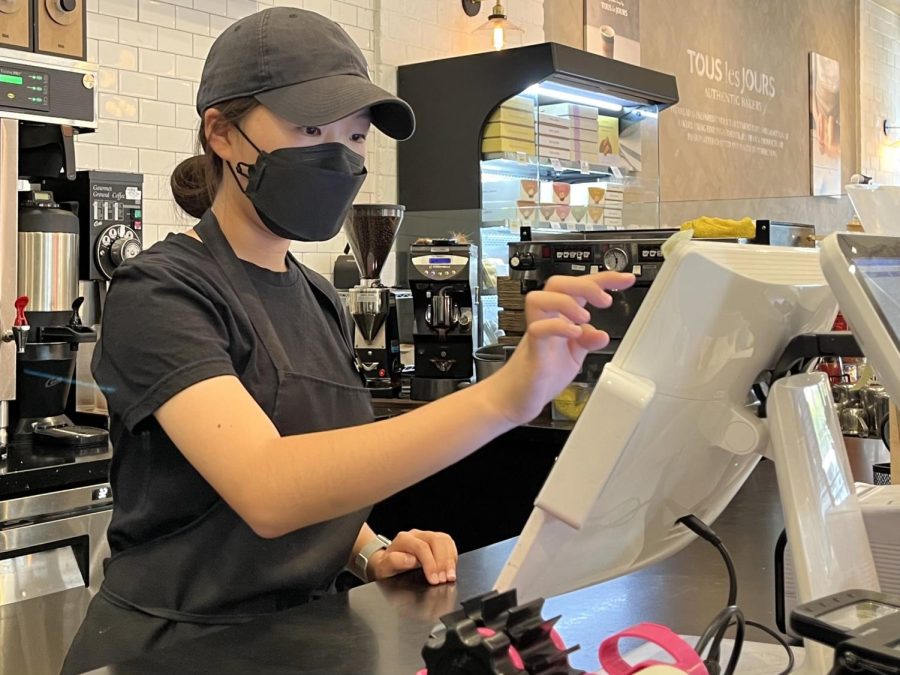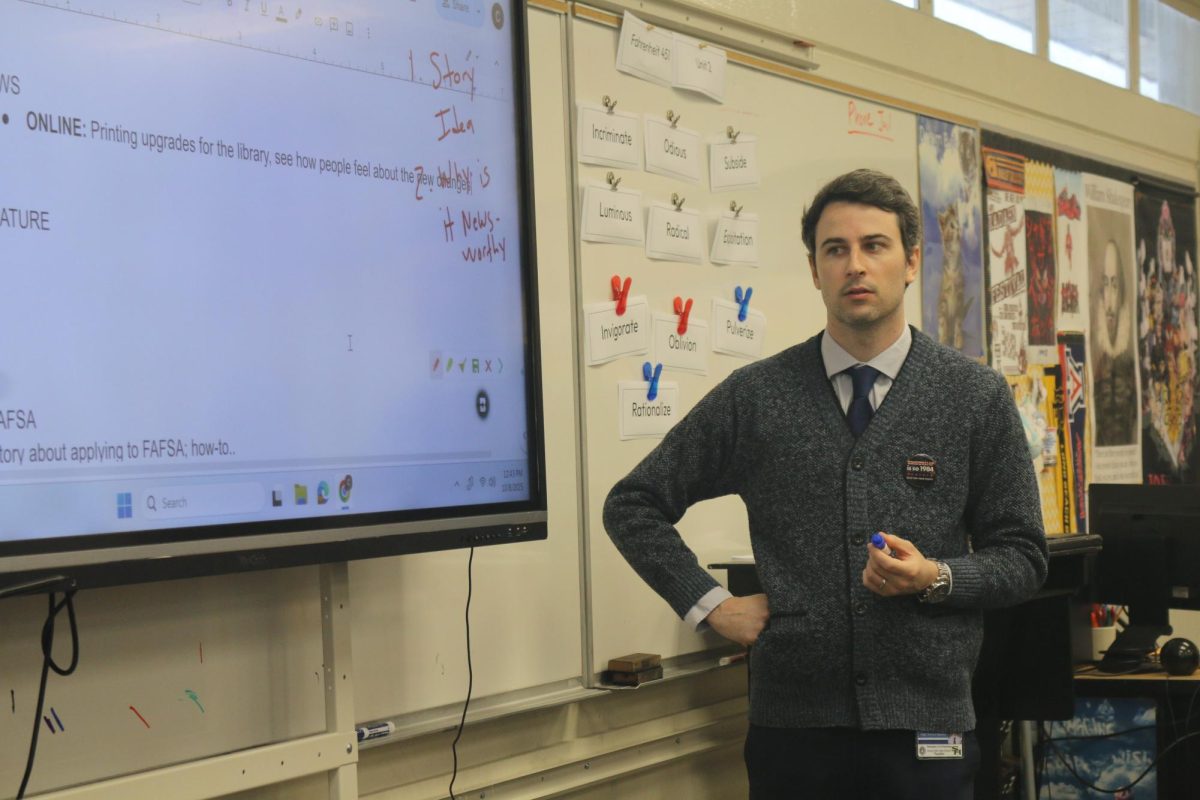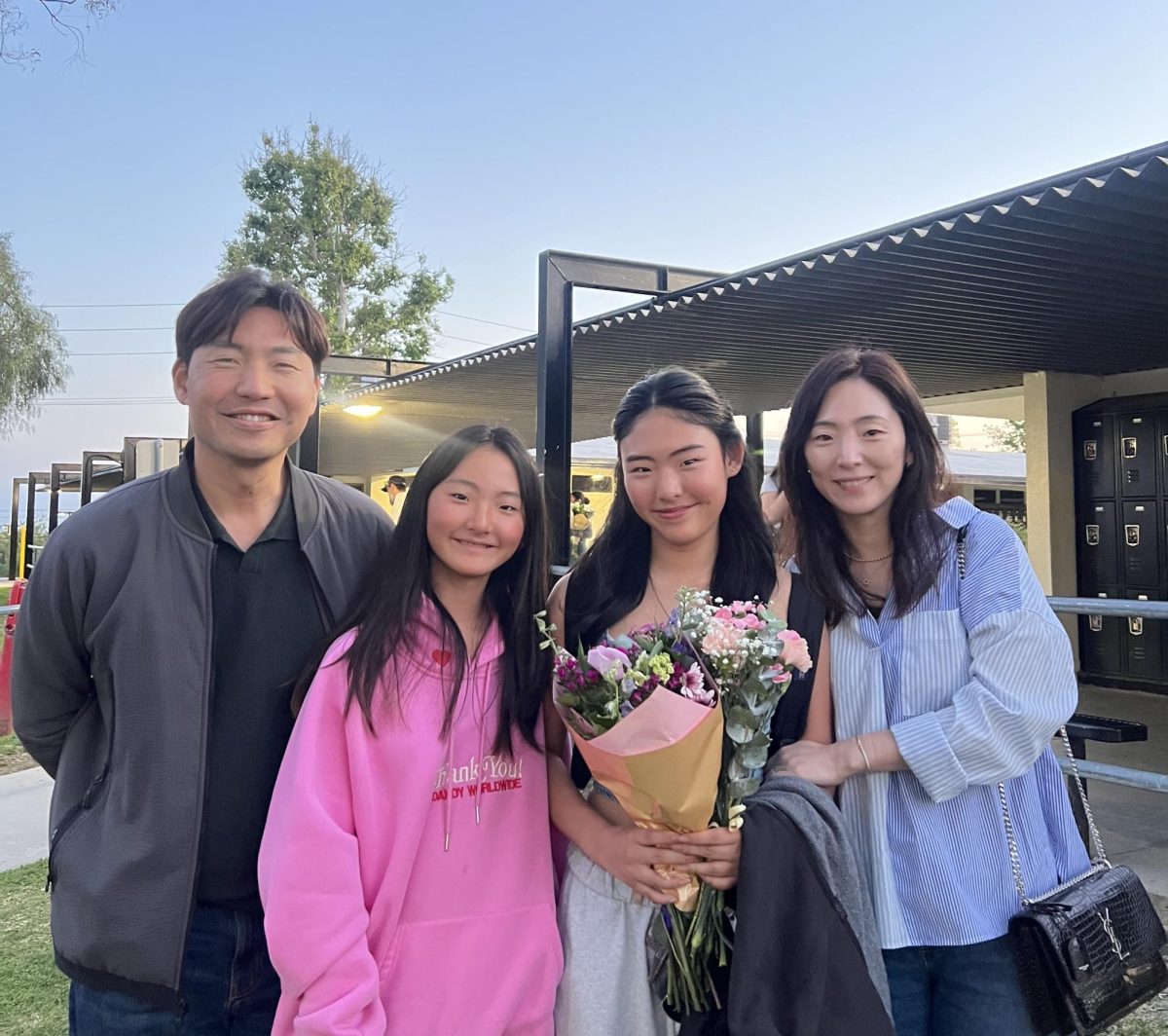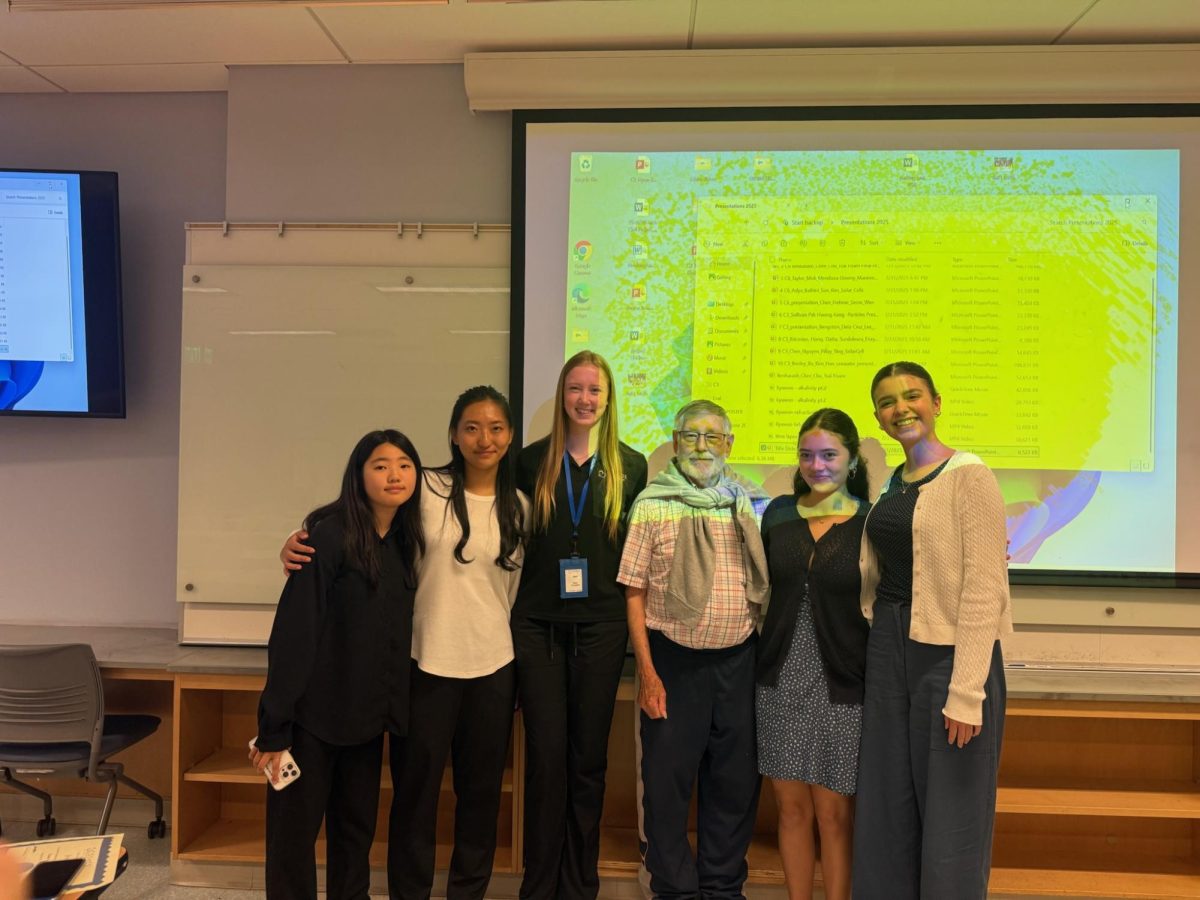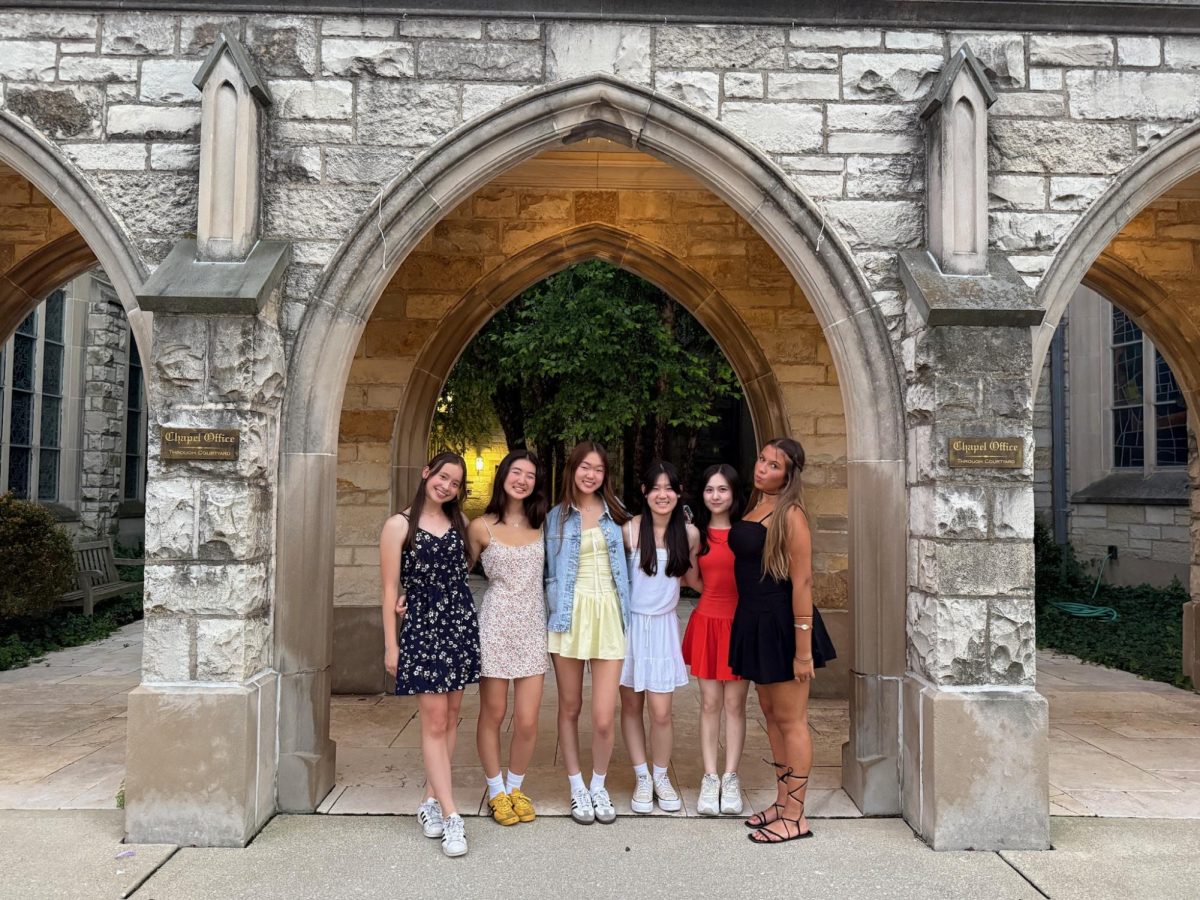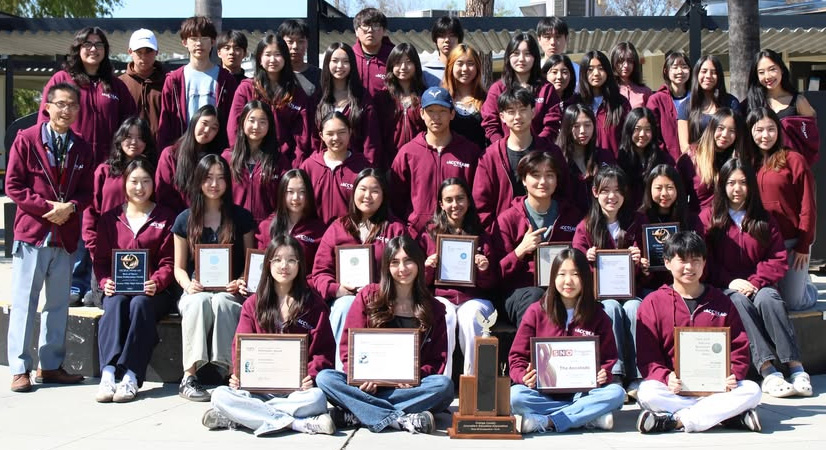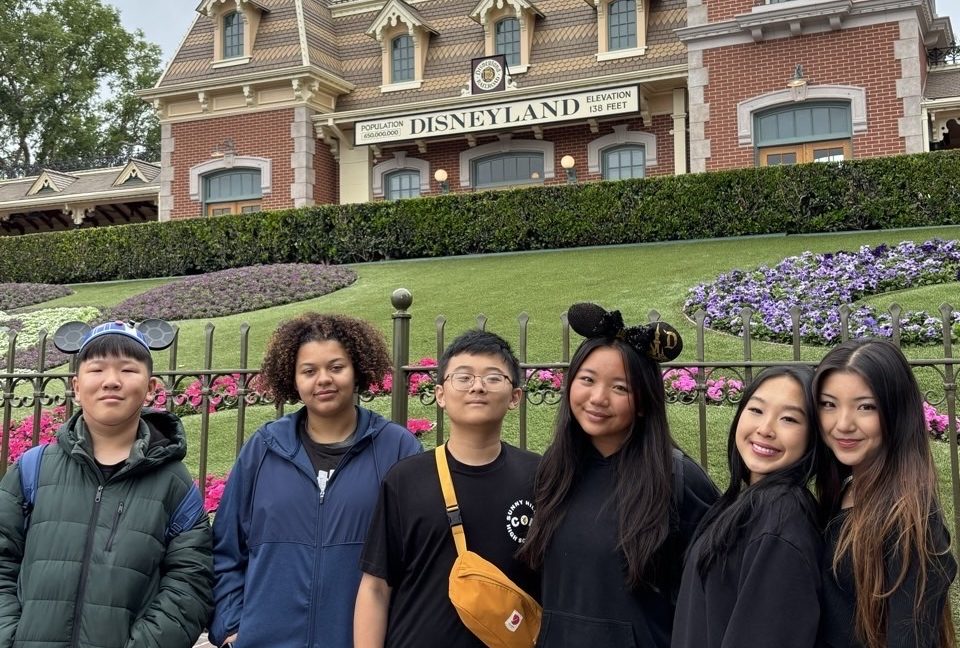A part-time, paid job at the age of 15.
While that seems unusual, it allowed me to achieve one of my goals for my freshman year of high school: get job experience over the summer before my sophomore year.
According to the U.S. Department of Labor website, the minimum age for employment is 14 with restrictions including wage, hours of work and safety requirements set by the Fair Labor Standards Act [FLSA]. The website states that the FLSA “does not require that youth get work permits or working papers to get a job.”
I chose to get a job as soon as I was eligible and available because I wanted to get a hands-on experience in the “real world,” where I could interact with more people outside of school and learn to take on greater responsibilities.
Stepping out into the real world can be unsettling, but the experience after entering it is a whole different dimension that taught me life lessons that can be applied anywhere. I thought it would be utilized and built on to other jobs or internships later in life that are further related to my desired major, which I have yet to decide on.
In early June, I managed to get a part-time job at a South Korean bakery franchise called Tous Les Jours, a business that serves French/Korean-inspired baked goods and beverages, in Fullerton’s Amerige Heights Town Center.
After spotting a help wanted sign displayed on the front door of the bakery, I applied for the job by contacting the store manager and arranging an interview with her.
In the interview process, which was in Korean, the manager asked for my times of availability and informed me what the working shift hours would be. I was surprised she did not ask any further questions about me – except my name, age and whether I had prior work experience, nor did she require me to get a job permit from school or ask for a list of references.
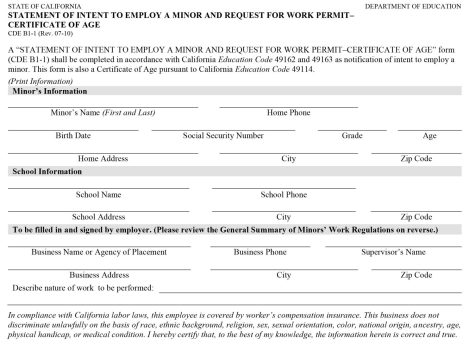
Because the bakery is a well-known South Korean franchise in which a lot of customers tend to be of Korean descent, the manager told me that it was required to speak Korean to those consumers. Not only did my language background positively contribute to getting hired, but my prior experience in interviewing from the Journalism 1 class allowed me to feel at ease talking to her without being much nervous.
After a five-minute interview, the manager officially hired me on the spot and told me to come the day after, Saturday, June 11. At first, I was offered $14.50 per hour but it later increased to $15.50 Friday, July 1, because of the change in the minimum wage.
My first work day was the start of my mandatory two-week employee training period. Even though I was still a trainee, I remember feeling anxious with the thought that I had to memorize approximately 70 names of the bread sold and the “what if” questions that pervaded my mind.
What if I make mistakes? What if I input the product wrong in the point-of-sale system and have money missing later?
As weeks passed, I became much more comfortable with the job and got the weekend routine fixed:
- 5:30 a.m. – while I would have typically still been asleep, I wake up to prepare for another day of work, grabbing the Tous Les Jours uniform and asking my mom to drive me to the store.
- 6:30 a.m. – the morning shift starts officially, but doors aren’t open for customers until 7 a.m.
- 2:30 p.m. – time for rotating shifts; morning shift members like me exit the doors, exhausted after the eight-hour work period.
My job consisted of mainly being a cashier, managing customer service and serving as a barista, which were the positions I applied for. With those roles, a colleague who’d been working much longer taught me the precautions at work and rules in dealing with customers, including greetings, attitudes and organization skills.
Through interacting with customers and learning to be more outgoing, I successfully attained my socializing goals, now capable of reaching out to more people easily even in school whenever I need to ask something or start a conversation.
Additionally, I experienced teamwork on another level, loaded with heavier responsibilities.
As a check-up for each shift, I had to count the cash to ensure that we had exactly the amount we were supposed to in the cash register drawer. To avoid having money missing, I felt more pressured to verify once more that I had done my duty. Additionally, every mistake my co-workers and I made as a team stimulated growth to communicate and bond better with the shift members to work together through struggles and flow like cogwheels.
Furthermore, with the work schedule I conformed to every weekend morning, I managed to use my time more efficiently: not wasting the morning but instead getting myself motivated to wake up for work. Over the course of the three months I worked, I earned a total of about $3,000, which I plan on saving for college.
Two weeks prior to my last week working, I had to notify my manager that I had to quit. I texted her, explaining that my weekend schedule conflicted with my extracurricular school activities. I felt hesitant, especially because I enjoyed the job and working with my co-workers. The manager seemed sad to hear I was leaving and said she’d be happy to have me back again.
Even though my last day working at the pastry shop was Sunday, Oct. 2, I recommend students my age to try applying for and getting a job without being hesitant to broaden their perspectives. It can be challenging for some to handle academics and a work schedule, but it’s worth a shot to start at places where the job brings interaction with new people.
I cannot deny that the job was tiring at times, but I have no regrets because of the many valuable lessons I learned through this experience.
Not only can I add Tours Les Jours to my resume, I know I can re-apply to work there next summer if I can’t find a job anywhere else.



